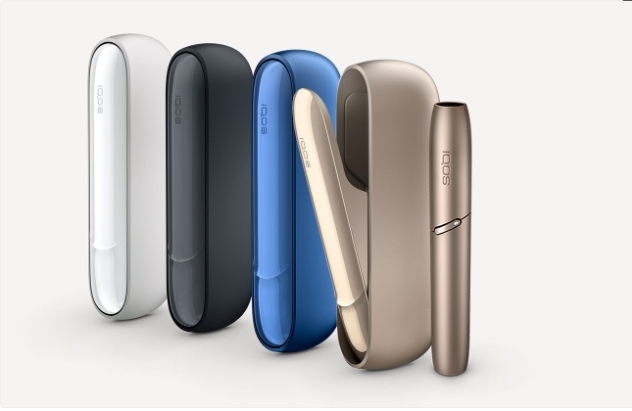FDA Approves PMTA for IQOS 3 Sales in U.S. Market
- News This Week PMTA
- December 7, 2020
- 3 minutes read

Credit: Altria Group

The U.S. Food and Drug Administration (FDA) has authorized the commercialization of the IQOS 3 heated tobacco product. Today, the Altria Group said the authorization follows review of the IQOS 3 premarket tobacco product application (PMTA) submitted by Philip Morris International Inc. (PMI).
Philip Morris USA (PM USA), under an exclusive agreement with PMI, commercializes the IQOS system in the U.S. with three HeatStick variants. Unlike cigarettes, the IQOS system heats but does not burn tobacco. IQOS 3 offers several enhancements to the IQOS 2.4 currently being sold in select U.S. markets, including a longer battery life, faster re-charging time, a side opening mechanism, and magnetic closure, according to a press release.
“Altria’s 10-year vision is to responsibly lead the transition of adult smokers to a non-combustible future. IQOS is a key part of that future and we’re excited to build on our first-mover advantage with the enhanced IQOS 3 device which has performed successfully in international markets,” said Jon Moore, president and CEO of PM USA.
IQOS is currently available in the Atlanta, Georgia, Richmond, Virginia and Charlotte, North Carolina markets. With PMTA authorization of IQOS 3, PM USA expects to begin quickly marketing the IQOS 3 device to U.S. adult smokers once the regulatory and U.S. importation logistics have been satisfied.
To secure market authorization under a PMTA, U.S. federal law obligates an applicant to demonstrate that marketing of a new tobacco product is appropriate for the protection of public health and requires the FDA to consider the risks and benefits to the population as a whole, including users and non-users of tobacco products.
On March 30, 2020, PMI submitted a supplemental PMTA to the FDA for the IQOS 3 tobacco heating system device. The original IQOS 2.4 device was authorized by the FDA for commercialization in the U.S. on April 30, 2019.